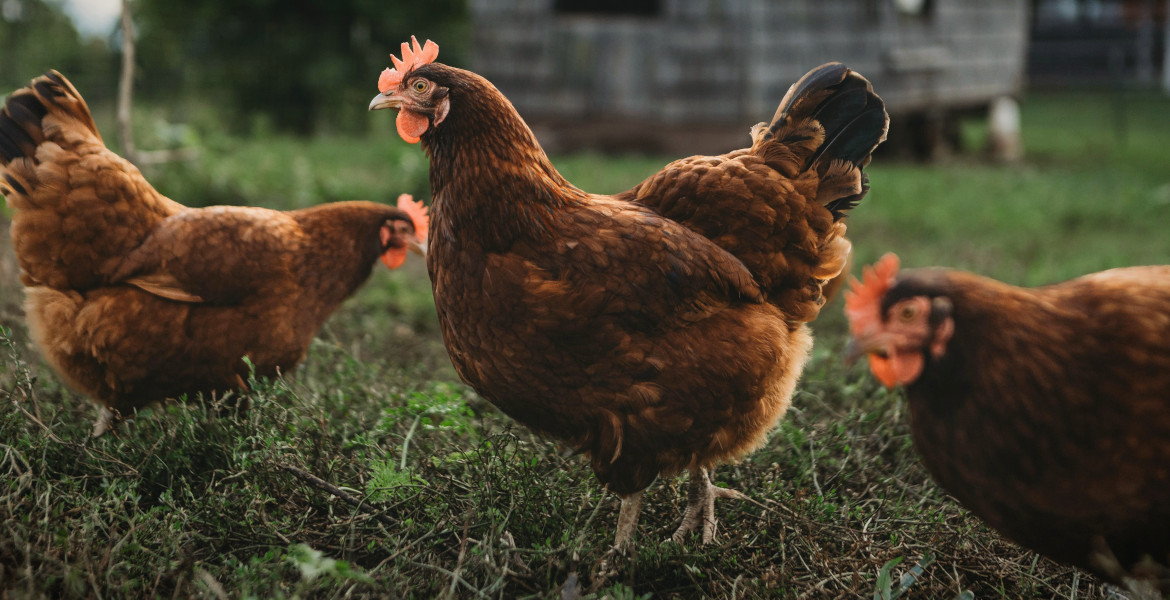In four years, Sweden has fallen 14 places in the Oxfam Global Equality Index. Sweden is now the lowest ranked country in the Nordic region.
The Commitment to Reducing Inequality Index (CRII) is produced every two years by Oxfam in collaboration with Development Finance International (DFI). It ranks 164 countries according to policy decisions and then their impact on inequality in the countries. The index looks at tax policies, investments in welfare, and workers’ rights, which are considered crucial to reducing economic inequality.
Since the last survey in 2022, Sweden has fallen four places, and a full 14 places since 2020. In this year’s survey, Sweden is ranked 24th.
– The latest state budget is a clear example of how the government and the Sweden Democrats prioritize those who can already afford it. Inequality leads to insecure societies, where discontent grows and trust between people decreases, says Suzanne Standfast, Secretary General of Oxfam Sweden in a press release.
“Worrying global trend”
Sweden’s continued decline is due in part to changes in tax policy, the organization says, where the government has cut taxes for the richest over the past two years and failed to do so for the most vulnerable.
According to the organization, society will lose SEK 23 billion in tax revenue next year, due to, among other things, reduced marginal tax rates for the rich. Furthermore, Sweden has also fallen further down the list due to the deterioration of welfare, with long waiting lists for health care and cuts in schools.
– Current tax policies benefit the very richest, while those living in poverty have to bear the greatest burden, says Standfast.
Sweden continues to be the worst performer in the Nordic region and is significantly lower on the list than its neighbors, including Norway in first place, Finland in fifth place, and Denmark in sixth place. However, the organization says Sweden is following a “worrying global trend”, with nine out of ten in the index pursuing policies that are most likely to increase levels of inequality.
– For the first time since the index was created in 2017, the majority of countries are falling in all three areas of the index.









